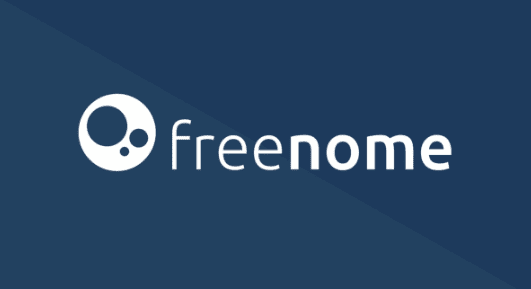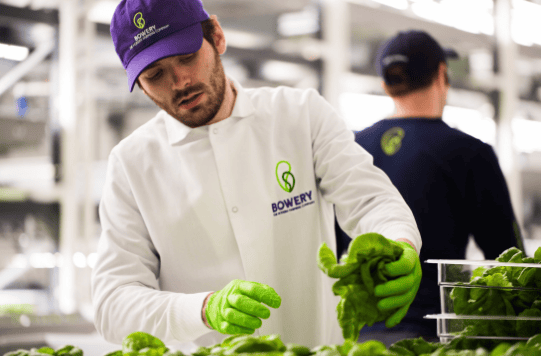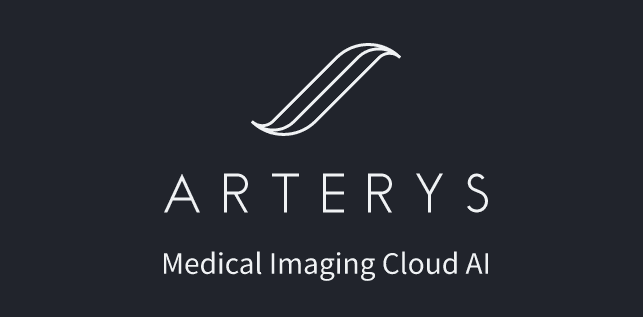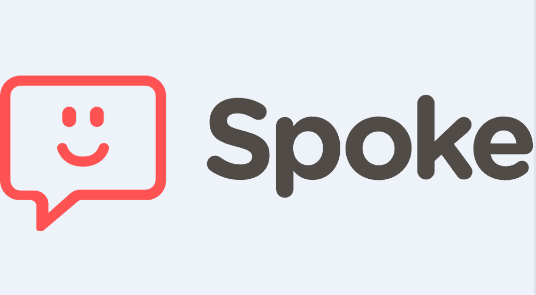
Expert in Camera Module Solution

Expert in Camera Module Solution

Artificial intelligence hit some key milestones in 2017. At Facebook, chatbots were able to negotiate as well as their human counterparts. A poker-playing system designed by Carnegie Mellon professors mopped the floor with live opponents. There were even some potentially life-saving breakthroughs, like the machine vision system that can determine whether a mole is cancerous with more than 90 percent accuracy--beating out a group of dermatologists.
From agriculture to medicine and beyond, plenty of startups are using AI in innovative ways. Here are five companies you should expect big things from in 2018.
1. SoundHound
SoundHound has been around for 13 years, and has spent that time trying to build the most powerful voice assistant ever. The startup began by creating a Shazam-like song recognition app called Midomi; now, the newly released Hound app is capable of answering complex voice prompts like, "Show me all below-average-priced restaurants within a five-mile radius that are open past 10 p.m. but don't include Chinese or pizza places," or "What's the weather like in the capital of the biggest state in the U.S.?"
Instead of converting language into text, like most virtual assistants do, the app's AI combines voice recognition and language understanding into one step, which helps speed up results and cut down on errors. Investors are excited: After raising $40 million over its first decade-plus, the company closed a $75 million round in 2017 that included Samsung and Kleiner Perkins. Still, SoundHound faces stiff competition from AI behemoths like Google Assistant and Microsoft's Cortana.

2. Freenome
Liquid biopsies have been all the rage in the medical world, with a growing number of well-funded startups working on finding a way to detect cancer using blood samples. Freenome is one such company, and its goals are loftier than most. While other companies focus on detecting the existence of cancer, Freenome claims its AI can use blood to identify where the bad tissue is--or is likely to be--located, as well as whether it may be malignant or benign. It studies DNA in the blood, detecting biological signs of cancer and then making predictions about where the cancer is and what kind of treatments would work best.
The company has performed thousands of tests and is working on detecting prostate, breast, colon, and lung cancers. Thanks to machine learning, its software becomes better at screening over time. Before it can do much else, Freenome must complete the clinical trials necessary to secure regulatory approval and roll out to the public. The startup closed a $72 million Series A round last year to accomplish those goals.

3. Bowery Farming
Agriculture might look a lot different in the future--just ask Bowery Farming, a vertical farming startup that grows its crops indoors. Sensors at each facility collect data points regarding factors like humidity, temperature, and light. Cameras observe minor changes as the plants grow, and thanks to machine vision, the company's AI can quickly determine and adjust to the ideal conditions for a particular batch--thus optimizing for yield as well as taste, texture, and color. By output, the company claims a Bowery farm is more than 100 times more efficient per square foot than a traditional farm. The startup is entering a space currently occupied by companies like AeroFarms, which takes less of an AI-focused approach but already has several large vertical farms throughout the northeastern U.S. Bowery emerged from stealth and announced a $20 million funding round in 2017. Its products, which don't require any pesticides or chemicals, are already in stores like Whole Foods, with more likely to follow.

4. Arterys
Examining MRI scans is tedious work and prone to human error. Arterys is leading the charge on handing that task over to artificial intelligence. Thanks to this startup's tech, diagnoses that usually take humans 45 minutes can now be performed in 15 seconds. Its system uses deep learning to compare new MRI scans with those it's already examined. All the information is stored in a central cloud, which gives the system an ever-growing data set and allows it to deliver more accurate readings over time. In 2017, Arterys's cardiac MRI technology, which examines the heart and blood flow through its ventricles, became the first cloud-based AI platform to be FDA-approved for use in clinical settings. The company, which also closed a $30 million Series B last year, is currently working on getting clearance for similar technology that focuses on the lungs and liver.

5. Spoke
This startup's AI aims to know more about your company than you do. Not sure what HR's policy is when it comes to sick day rollovers? Ask its chatbot. There's a light out in the conference room? Let it know, and it will direct a request to the right person. Spoke can answer employee inquiries via an app, in Slack, or by way of email or text, with the idea being that it will save your employees the time they'd normally spend asking questions or fielding them and keep your office running smoothly. The system's machine learning component allows it to process and learn information as it converses with people, storing away new answers for the future.
Founded in 2016 by three ex-Googlers, the startup closed a $20 million round in November. It's begun collecting clients, and its product is set to launch in early 2018, potentially making the average workday that much smoother for businesses everywhere. It will be up against other workplace productivity tools, including Slack itself, which is building its own fleet of inquiry-answering chatbots.

The above article is originally from https://www.inc.com/kevin-j-ryan/artificial-intelligence-companies-to-watch-in-2018.html
